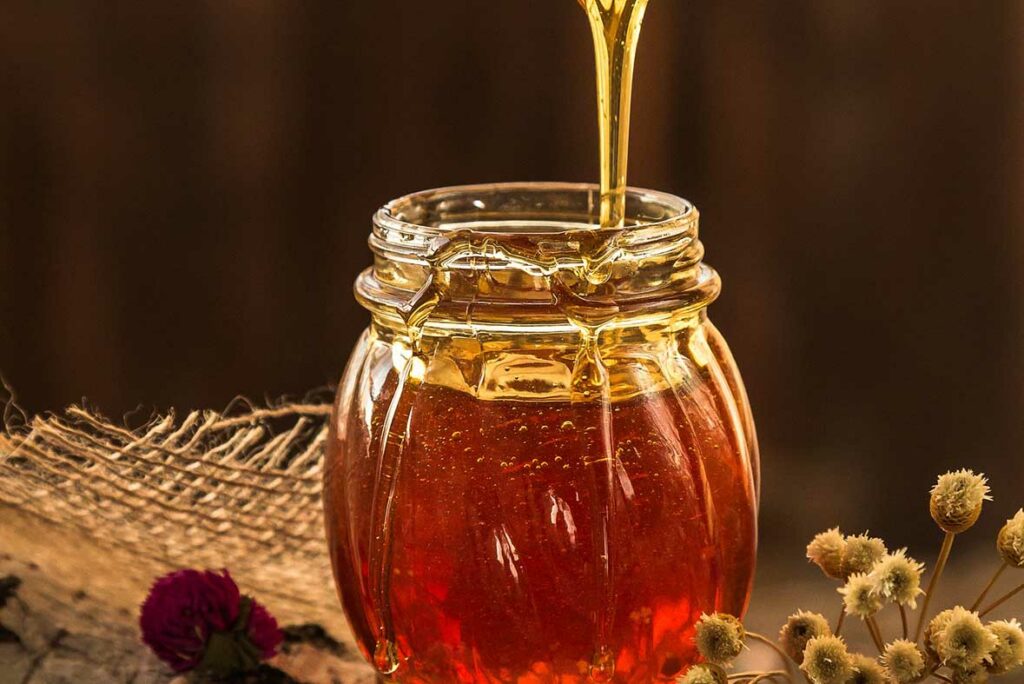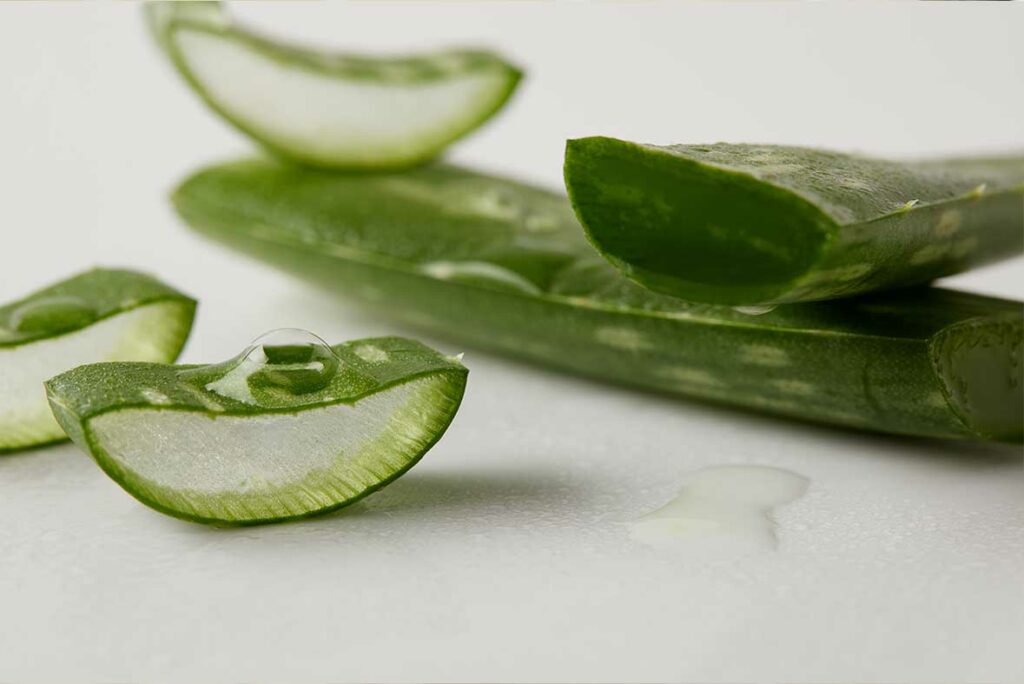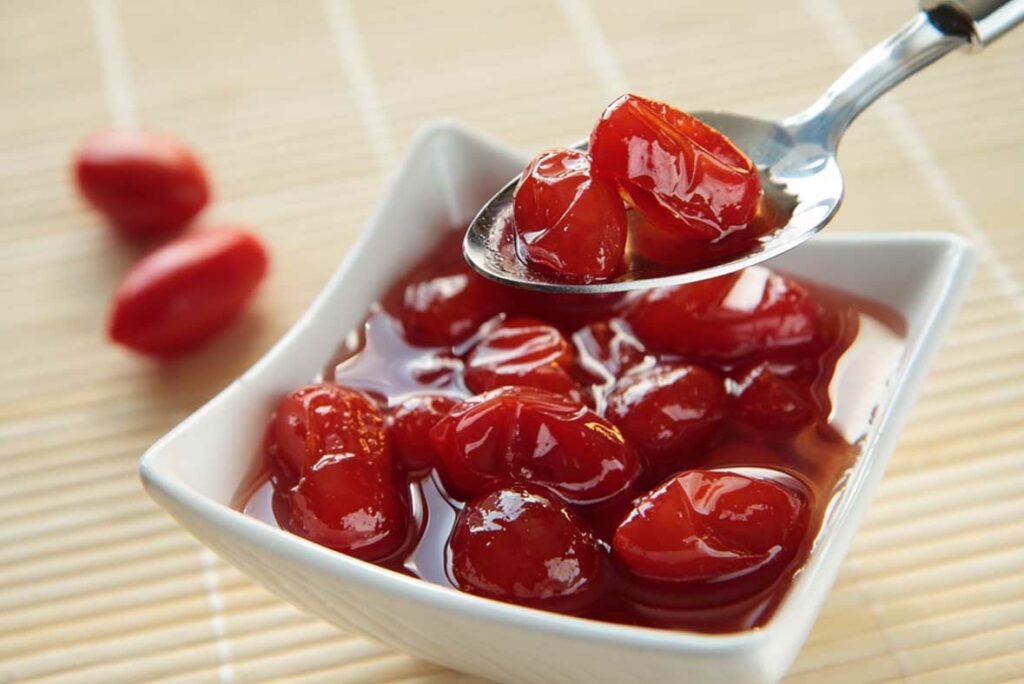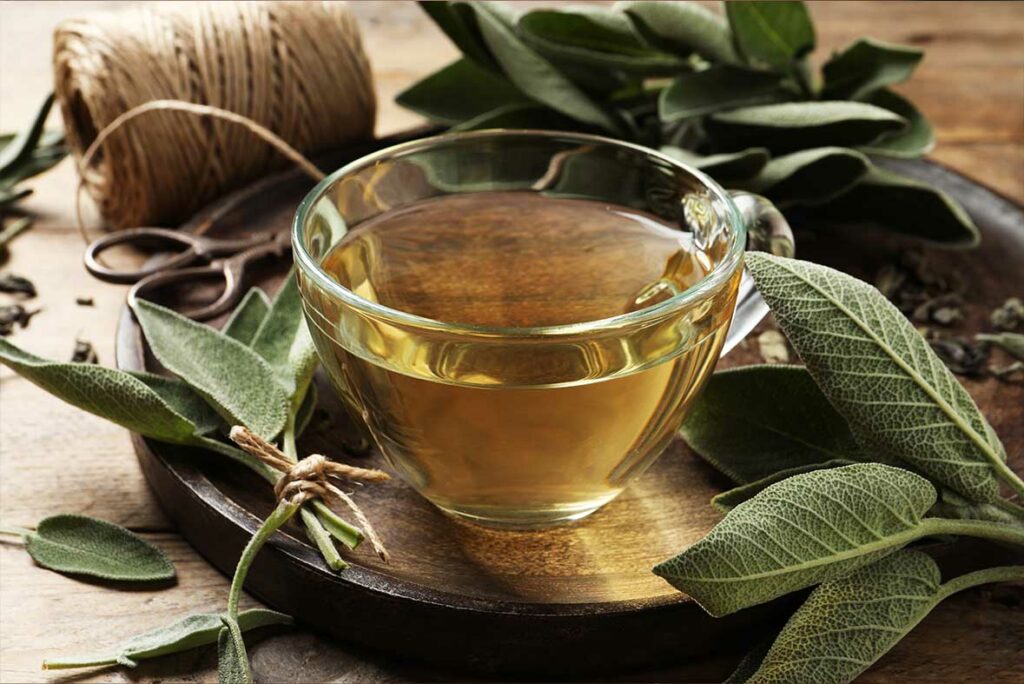Delicious Food and Drinks from Kos Island
Kos boasts a diverse and bountiful culinary tradition, drawing from its fertile volcanic soil and ample water sources. The island’s rich and varied landscape supports a wide array of flora, reflected in its local gastronomy, featuring traditional recipes rooted in the Mediterranean diet and utilizing fresh, local ingredients. Here are some of the must-try foods and drinks when you visit Kos Island:

Farmed Honey: In Greek mythology, honey, known as ambrosia, is the food of the Olympian gods. “Mele” has been cherished for its culinary and medicinal properties since ancient times. Kos takes immense pride in its production of thyme honey, which commands a prominent position in the global market. This coveted delicacy can be found throughout the island, ensuring a culinary experience of the highest calibre. From renowned chefs to local homemakers, individuals from all levels of society incorporate honey into their culinary creations, whether for enhancing the flavour of a savoury dish, sweetening a soothing cup of tea, or perfecting a traditional dessert. Kos’ locally sourced honey lends a distinctive touch to beloved delicacies such as katimeria and loukoumades, infusing them with unparalleled richness. It also serves as a delightful accompaniment to handcrafted cheese pies and plays a significant role in creating the classic baklava. In addition to its culinary prowess, this golden elixir stands as a wholesome substitute for sugar, boasting an array of vital nutrients and antioxidants that contribute to cardiovascular well-being while aiding in the recovery from burns and wounds.
Wine Cheese: Kos boasts a reputation as a premier destination for wine enthusiasts. Yet, when you pair wine with exceptional ingredients, the result is truly remarkable. Enter Posas cheese (krasotyri), a meticulously crafted goat cheese aged in red wine. The experience is nothing short of r tantalizing. This is an indulgence not to be missed for those perusing the local markets. Since 2018, the wine cheese of Kos has been included in the Protected Geographical Indication (PGI) products of Greece, a label that signifies a product’s close association with a specific geographical area, where its quality, reputation, or other characteristics are fundamentally tied to its geographical origin.

Aloe Vera: The lush island of Kos boasts a delightful Mediterranean climate characterized by gentle temperatures and the mineral-rich breezes of the Aegean Sea, creating an ideal environment for cultivating aloe vera. Aloe vera, grown entirely organically on the island, is carefully blended with natural orange or pomegranate juice to craft a pure food supplement renowned for its immune-boosting properties. Furthermore, organically cultivated aloe vera is used in artisan marmalades and jams, drawing inspiration from traditional recipes, and featuring delectable flavours such as fig, apricot, pomegranate, and prickly pear, among others.

Candied Tomatoes: Who would have thought tomatoes could be transformed into a sweet treat? On the island of Hippocrates, sugary tomatoes are a cherished traditional delicacy. Preserved fruit and vegetables, also known as spoon sweets, are significant in the island’s rich history. Like many other parts of Greece, Kos Island is known for its spoon-sweet production using various natural seasonal ingredients such as pears, grapes, figs, and even aubergines. However, the tomato spoon sweet stands out as Kos’s signature traditional product. Crafted from a native tomato variety called vergaki or lainati, blended with sugar, cloves, cinnamon, vanilla, almonds, and lemon juice, locals create ntomataki, a spoon sweet with firm tomatoes enveloped in a luscious syrup.
Local Wines: For over 4,000 years, wine has been an integral part of everyday life in Greece. The wine of Kos, also known as Koios Enos, enjoyed great popularity in ancient times, although it was not made from varieties like Merlot, Sauvignon Blanc, or Malagouzia, which are now cultivated on the island. The first wines were bottled in 2003, and in 2007, a local winery’s efforts led to Kos being included in the Greek Protected Designation of Origin label (PDO), ensuring the preservation of the island’s winemaking tradition. Wine tourism experiences throughout the island provide opportunities to sample lesser-known indigenous varieties such as Mavrothiliko, a local grape variety that was nearly extinct until its revival in 2007. Maturation occurs in oak barrels, and all bottles feature naturally aged corks, with the potential for Mavrothiliko to age up to 20 years. Each winemaker’s harvest makes its way to the island’s numerous hotels and restaurants, offering visitors easy access to the diverse and captivating local wine flavours.

Kanelada and teas: Best enjoyed year-round with an ample serving of ice, kanelada captures the essence of the island’s flavours: a sweet taste and a distinct cinnamon aroma. Kos is also home to a rich array of indigenous herbs, including thyme, oregano, lavender, balsam, labdanum, heather, dittany, and the local favourite, alesfakia. Utilizing these native herbs, the islanders prepare tea-like infusions, often blending alesfakia (sage), dittany, and thyme with honey. This aromatic combination delights the senses and offers a natural shield against flu and common colds, embodying the island’s commitment to holistic well-being.
The cuisine of Kos boasts remarkable freshness, tantalizing flavours, and an unmistakable uniqueness. Many dishes are exclusive to the island, adding an extra layer of allure to the culinary experience. When visiting Kos, it is essential to sample as much as possible from the array of dishes available, including those recommended by the locals, each bearing the rich heritage of Koan cuisine.

